Samsung chairman escapes $4bn legal spat
Consumer electronics giant's chairman fights off legal challenge by estranged relatives, which could have forced him to hand over company shares.


Samsung chairman Lee Kun-hee has fended off a lawsuit by estranged family members demanding he hand over billions of dollars of shares.
Lee and Samsung Everland, a de facto holding company for the country's largest conglomerate, were defending against three lawsuits by Lee's relatives seeking nearly $4 billion in assets in Samsung Life Insurance, which sits at the heart of the web of Samsung group shareholdings, and Samsung Electronics, the group's crown jewel.
The lawsuit was unlikely to have deprived Lee of his control over Samsung Electronics, the world's biggest maker of smartphones, TVs and memory chips.
This is a totally unexpected ruling and we'll decide whether to appeal after discussing with our clients.
But a ruling against him would have diluted his holdings and could have forced a reshuffling of the intricate shareholdings across the Samsung group if he were to retain his grip.
A judge at the Seoul Central District Court ruled that Lee could retain more than $1 billion in Samsung Electronics shares and another $1 billion in shares of Samsung Life.
Samsung Everland, a small zoo operator, was also allowed to keep its $1 billion stake in Samsung Life. Lee will remain Samsung Life's biggest shareholder with a 20.76 per cent stake.
Get the ITPro daily newsletter
Sign up today and you will receive a free copy of our Future Focus 2025 report - the leading guidance on AI, cybersecurity and other IT challenges as per 700+ senior executives
The lawsuits accused Lee of hiding from his siblings billions of dollars in shareholdings inherited from his father, Samsung's founder, while Lee countered that as his father's chosen successor, he had free rein to transfer group company shares.
Happy together?
"This is a totally unexpected ruling and we'll decide whether to appeal after discussing with our clients," Cha Dong-eon, a lawyer for the plaintiffs, told reporters.
Lawyers for Lee, who has been travelling abroad since early January, said the ruling was reasonable.
Shares in Samsung Life closed nearly 3 per cent higher after the ruling, while Samsung Electronics sagged 0.5 per cent. Seoul's benchmark Kospi fell 0.2 percent.
The trial, which exposed family intrigues behind South Korea's powerful chaebol, coincides with rising public resentment towards the conglomerates, stirred by their dominance in the economy and widening wealth gaps in society.
The ruling comes only a day after Chey Tae-won, chairman of South Korean chaebol company SK Holdings, was sent to prison on embezzlement charges, as the country seeks to level out the playing field between big business groups and the "economically weak".
Lee, South Korea's richest man, was worth an estimated $8.3 billion as of March 2012, according to Forbes Magazine.
He owns less than 4 per cent of Samsung Electronics, but through family stakes in Samsung Everland and Samsung Life he exercises substantial control over the electronics firm and the other 80 or so Samsung companies, which operate in industries from construction to hotels to fashion.
The ownership of hidden assets came into focus in 2011, after a tax probe into Lee that followed the transfer of shares from nominee accounts to his own name. He was later indicted on tax evasion charges but pardoned by South Korean President Lee Myung-bak.
Before delivering his verdict, the judge said he wished for a happy ending to the family dispute.
"Regardless of the truth of what happened or the final outcome of this case, I think it may also have been one of the late founder's wishes that both parties have a happy life together with no quarrels," the judge said.
-
 Cleo attack victim list grows as Hertz confirms customer data stolen
Cleo attack victim list grows as Hertz confirms customer data stolenNews Hertz has confirmed it suffered a data breach as a result of the Cleo zero-day vulnerability in late 2024, with the car rental giant warning that customer data was stolen.
By Ross Kelly
-
 Lateral moves in tech: Why leaders should support employee mobility
Lateral moves in tech: Why leaders should support employee mobilityIn-depth Encouraging staff to switch roles can have long-term benefits for skills in the tech sector
By Keri Allan
-
 Samsung Galaxy Book 5 Pro 360 review: Almost the perfect big-screen laptop
Samsung Galaxy Book 5 Pro 360 review: Almost the perfect big-screen laptopReviews The Book 5 Pro 360 is a laptop you slowly get accustomed to, rather than one that feels right from the word go.
By Stuart Andrews
-
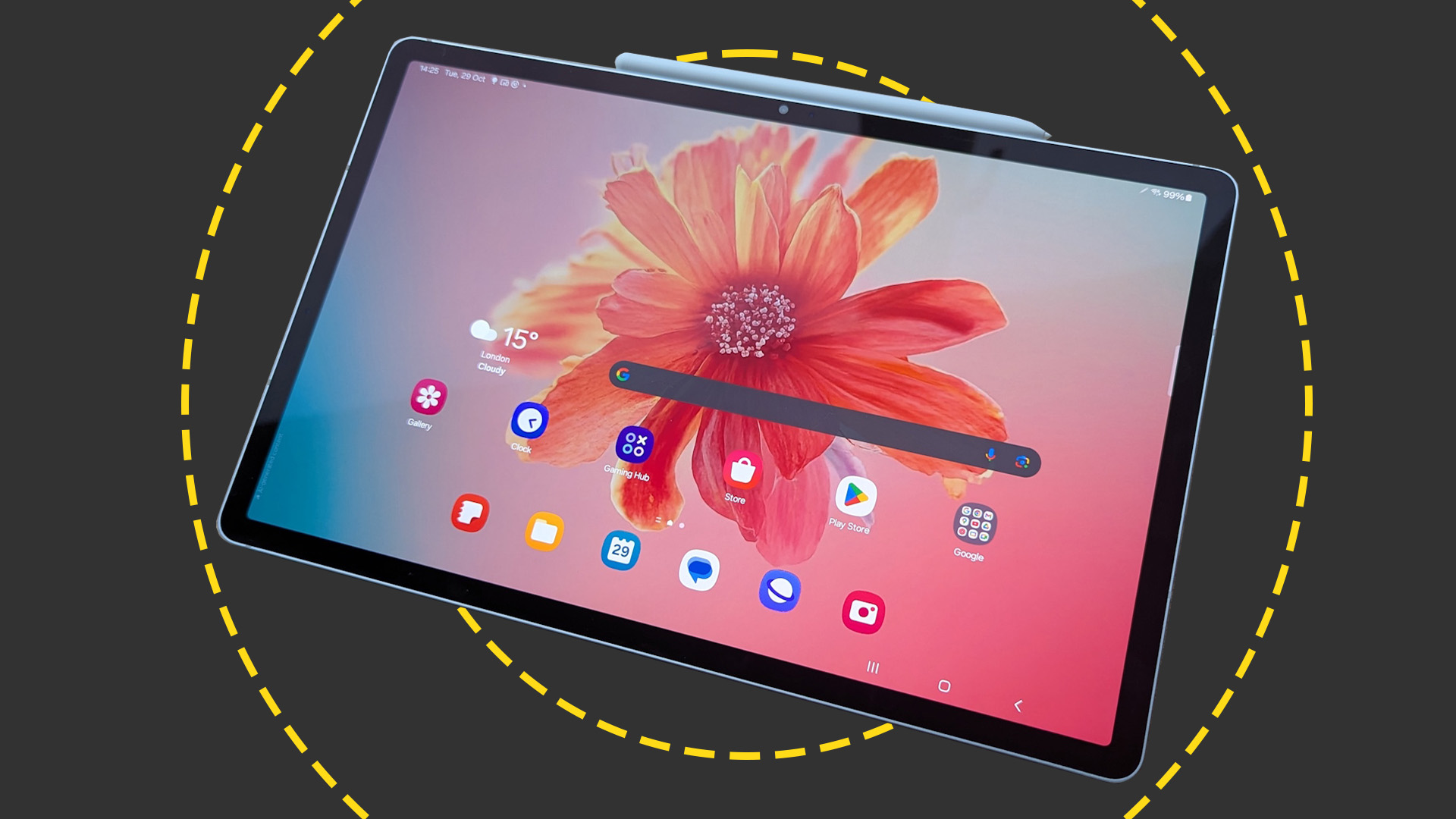 Samsung Galaxy Tab S10+ review: Possibly the best Android tablet for business
Samsung Galaxy Tab S10+ review: Possibly the best Android tablet for businessReviews With good performance, AI features and an exceptional screen, the Tab S10+ is the best Android tablet out there, if not quite the best tablet overall
By Stuart Andrews
-
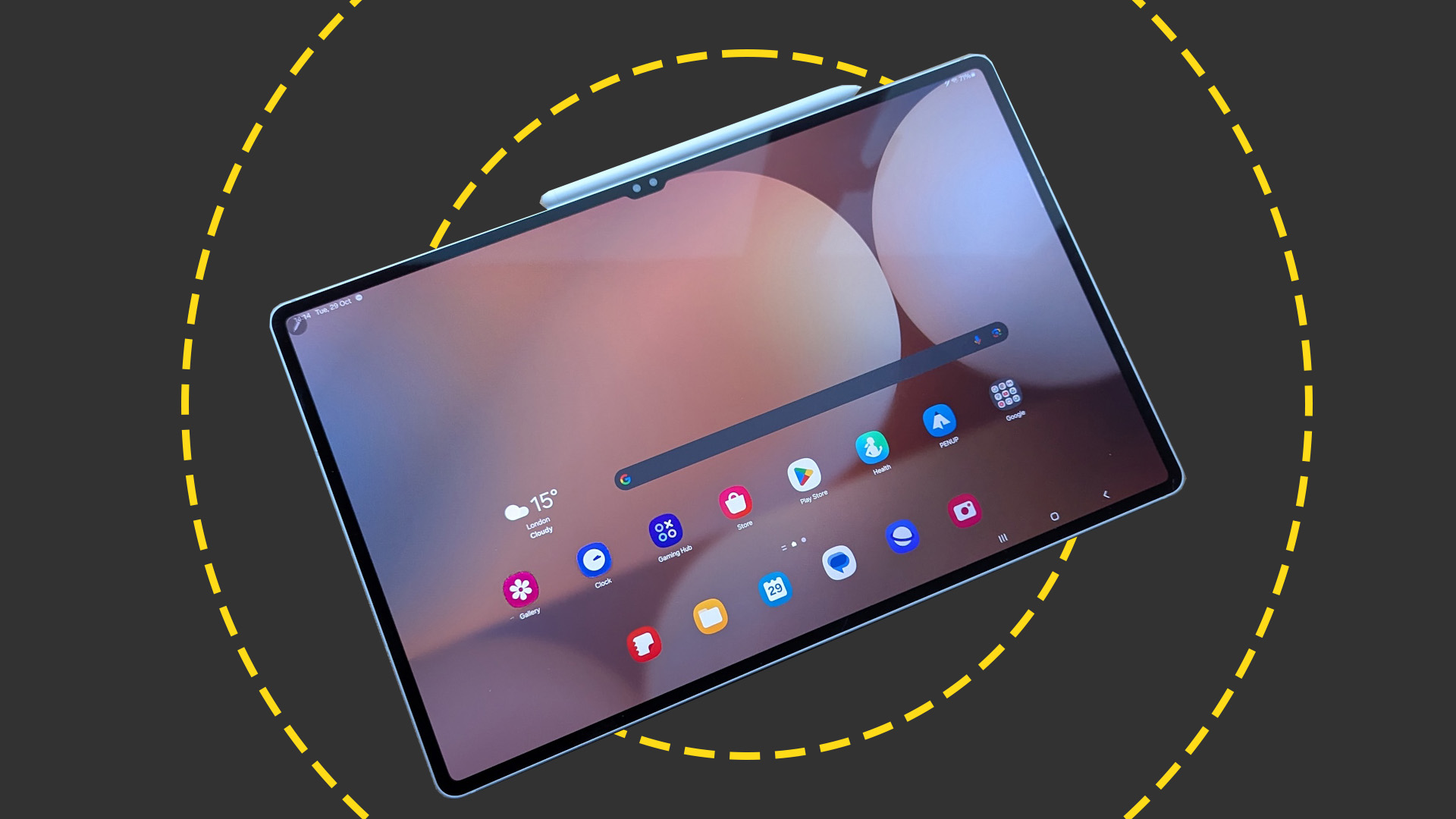 Samsung Galaxy Tab S10 Ultra review: Samsung's big-screen tablet is an AI-powered multitasking monster
Samsung Galaxy Tab S10 Ultra review: Samsung's big-screen tablet is an AI-powered multitasking monsterReviews The sheer size won't be for everyone, but the Tab S10 Ultra has the screen, performance, and multitasking prowess for serious work
By Stuart Andrews
-
 Rugged goes mainstream
Rugged goes mainstreamwhitepaper Why every business needs rugged devices to get the job done
By ITPro
-
 Why tougher doesn’t need to mean harder
Why tougher doesn’t need to mean harderwhitepaper Bridging the rugged and consumer device divide
By ITPro
-
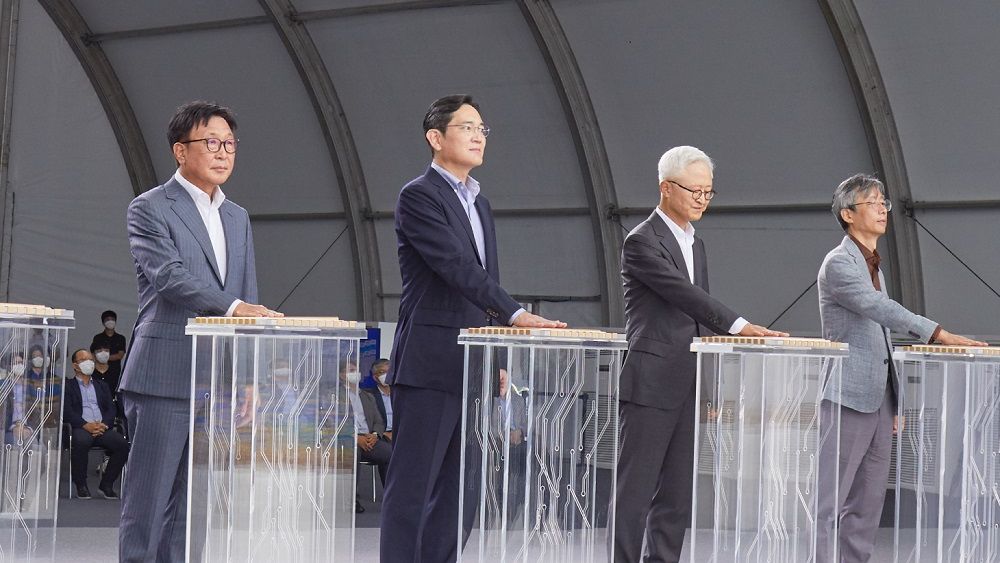 Samsung reveals plans for $15bn chip research center to break semiconductor scaling barriers
Samsung reveals plans for $15bn chip research center to break semiconductor scaling barriersNews The news follows the company's proposal in July to build 11 Texas semiconductor plants worth $191 billion
By Praharsha Anand
-
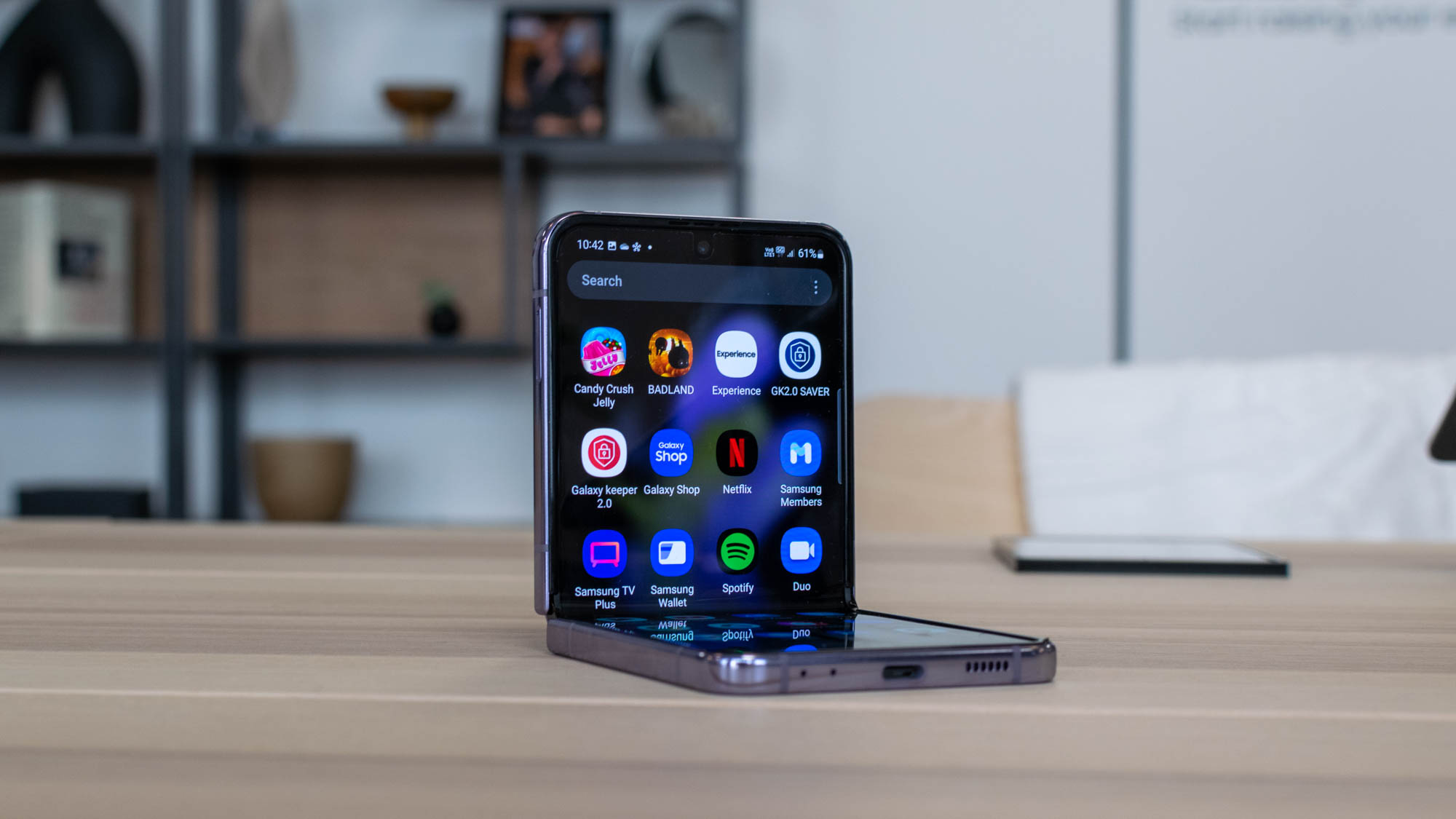 Samsung Galaxy Z Flip 4 hands-on review: A welcome (if minor) update
Samsung Galaxy Z Flip 4 hands-on review: A welcome (if minor) updateFirst look Samsung’s latest foldable is appealing, but does little to stand out from its predecessor
By Adam Shepherd
-
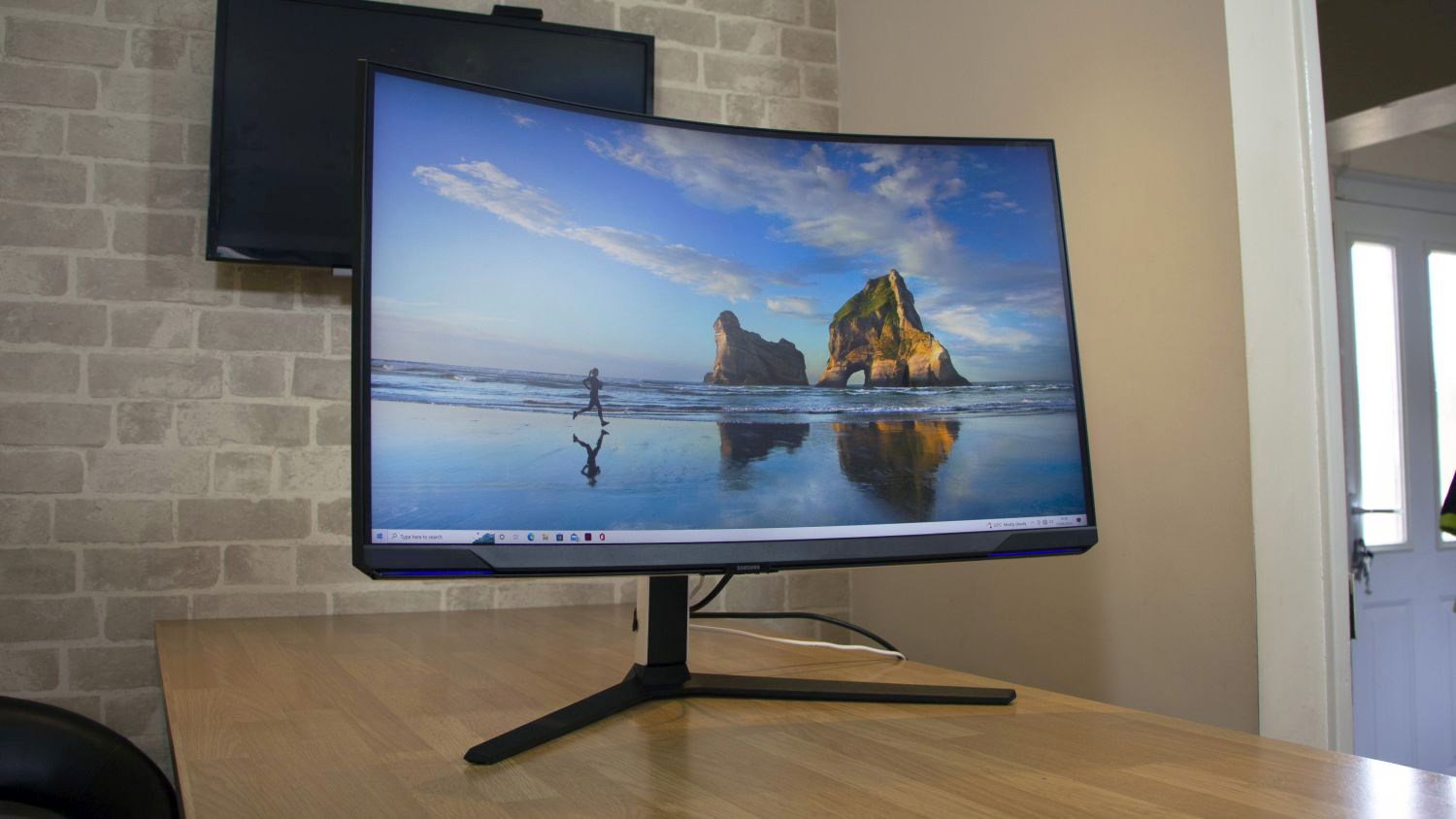
 Samsung Odyssey Neo G8 review: A groundbreaking display for work and play
Samsung Odyssey Neo G8 review: A groundbreaking display for work and playReviews The world’s first 4K/240Hz screen delivers sensational contrast and great colours, albeit for a high price
By Mike Jennings